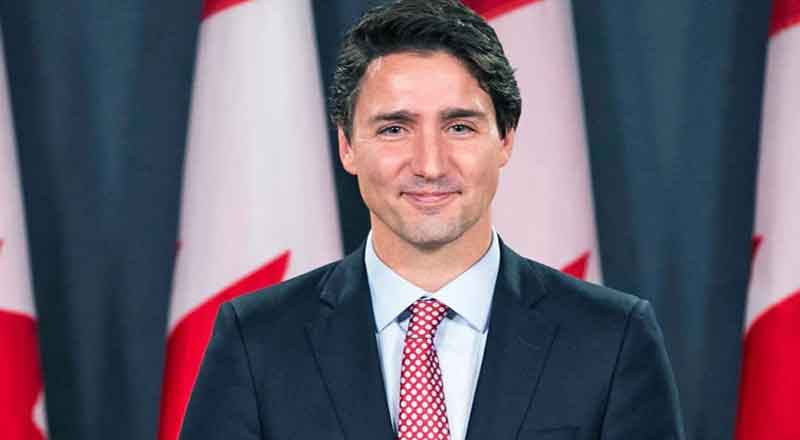Justin Trudeau, Canada’s 23rd prime minister and leader of the Liberal Party for over a decade, announced his resignation, marking a pivotal moment in Canadian politics. Trudeau’s nearly nine-year tenure as prime minister was characterized by ambitious reforms, progressive policies, and a strong global presence, but also marred by challenges that tested his leadership.
Speaking at a press conference in Ottawa, the 53-year-old leader reflected on his achievements, the obstacles he faced, and one enduring regret. His resignation paves the way for a new chapter in Canada’s political landscape as the country approaches a crucial general election later this year.
A Legacy of Promises and Challenges
Trudeau’s political ascent began in 2015 when he led the Liberals to a resounding victory, embodying a promise of “sunny ways” and progressive ideals. As the son of former Prime Minister Pierre Elliott Trudeau, his charisma and lineage helped him capture the imagination of Canadians and build a strong global reputation.
During his tenure, Trudeau championed causes like climate action, gender equality, and the legalization of cannabis. However, his leadership faced scrutiny over contentious issues, including the handling of Indigenous rights, rising living costs, and internal party discontent.
The pressure on Trudeau intensified in recent months as the Liberal Party struggled with falling poll numbers, internal discord, and a reinvigorated Conservative opposition led by Pierre Poilievre. Acknowledging these challenges, Trudeau stated, “This country deserves a real choice in the next election. If I’m having to fight internal battles, I cannot be the best option in that election.”
Trump’s Controversial Proposal
Hours after Trudeau’s announcement, U.S. President-elect Donald Trump reignited his proposal for a U.S.-Canada merger. Trump, who had a strained relationship with Trudeau during his first presidential term, took to Truth Social, claiming that Canada would benefit from becoming the 51st U.S. state.
“Many people in Canada LOVE being the 51st State,” Trump stated, asserting that such a merger would eliminate trade deficits, reduce taxes, and provide Canada with enhanced security. He even mocked Trudeau as “Governor of the Great State of Canada.”
The Canadian government has yet to issue an official response to Trump’s remarks. However, Trump’s suggestion has drawn widespread skepticism and criticism, with many Canadians seeing it as a distraction rather than a viable policy proposal.
The Road Ahead for the Liberals
Trudeau’s resignation has triggered a leadership race within the Liberal Party, with potential contenders such as former Bank of Canada governor Mark Carney, Foreign Minister Mélanie Joly, and Deputy Prime Minister Chrystia Freeland being floated as possible successors. The party’s executive is expected to convene this week to outline the leadership selection process, which could take several months.
In the meantime, Trudeau has secured permission from Canada’s governor general to suspend parliamentary proceedings until March 24, giving the Liberals time to regroup before confronting the opposition in the House of Commons.
Justin Trudeau’s decision to step aside marks the end of a transformative yet tumultuous chapter in Canadian politics. While his tenure leaves behind a legacy of progressive reform and global engagement, it also highlights the challenges of governing in an era of deep polarization and shifting political landscapes.
As the Liberal Party prepares for a new leader and Canada gears up for its next election, the nation faces critical questions about its future direction. Trudeau’s departure signals a moment of reflection and an opportunity for renewal in one of the world’s most vibrant democracies.
(With inputs from agencies)





